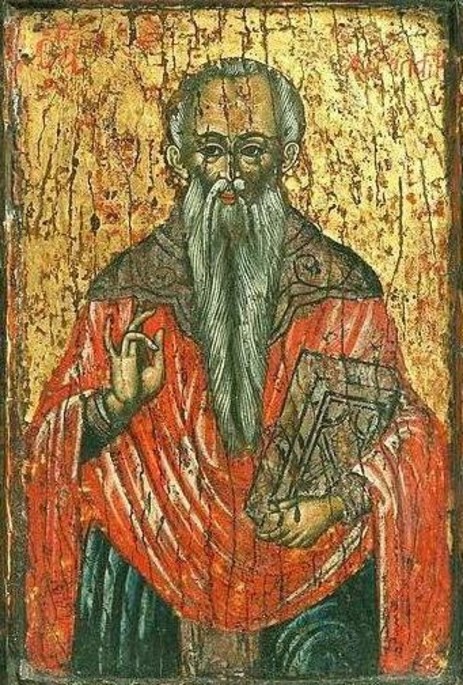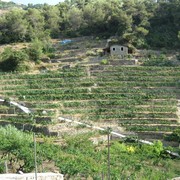On February 10, Orthodox Christians celebrate Saint Charalambos, a bishop of Asia Minor who, in the popular vision, protects the animals, protect people from disease, and in particular, does miracles in their favour.
"The function" of St. Charalambos is, according to tradition, two-fold: keeps away the plague (the worst epidemic which acted cruelly in the Middle Ages), but also sends it to all those who ignore and do not celebrate him.
It is, moreover, "strategically" placed when the weather is changing, with frequent changes of climate, favourable to the appearance of all sorts of diseases. Unlike the other holidays, St. Charalambos is not celebrated with the usual taboos, namely to not work, but through fasting. This gesture would aim to protect the believer against any disease throughout the following year. In addition, St. Charalambos is invoked in all the sacred texts that refer to death (the songs to chase death, cholera, etc.).
Christian iconography represents him as a holy warrior who keeps the monster (the death by disease) in chains, and keeps his foot on it.
The connection between St. Charalambos and the world of the hereafter is also illustrated by the customary traditions, a symbiosis (we could say, without fear of being wrong, it is a real osmosis) between the "pagan" and Christian faith: it is customary to bring in the church apples and "coliva", or the wheat cakes and donuts, destined for the souls of the dead. After the blessing them, the "coliva" is used to anoint the fruit trees to protect them from diseases, but above all, for their fertility.
In the same day are also blessed the wheat grains, which are then given to animals. That same is destined to make charity, such as: donuts, honey cakes, donuts previously blessed in church.
It still has to remember that St. Charalambos is one of the major owners of the sheep flocks because it is believed that since the beginning, he was a shepherd. It's very likely that this particular cure for the souls of the dead come from a remote antiquity, not only native.
Thus, for the Romans "the souls of the deceased were living in the world below (mundus) or in hell (orcus) and they were called manes. (...) For them, the traditions related to the dead, many were similar to the divine worship, because it was believed that the souls, in order to reach a happy state, they need the help of those remained in the family, an aid consisting in sacrifice, prayers and ceremonies - and fulfilling their duty, the souls could achieve the peace of heart.[1]"
---------------
[1] Atanasie Marian Marienescu, Sărbătorile și datinile romane vechi, Bucurerști, Editura Saeculum I.O., 2008, p. 84















